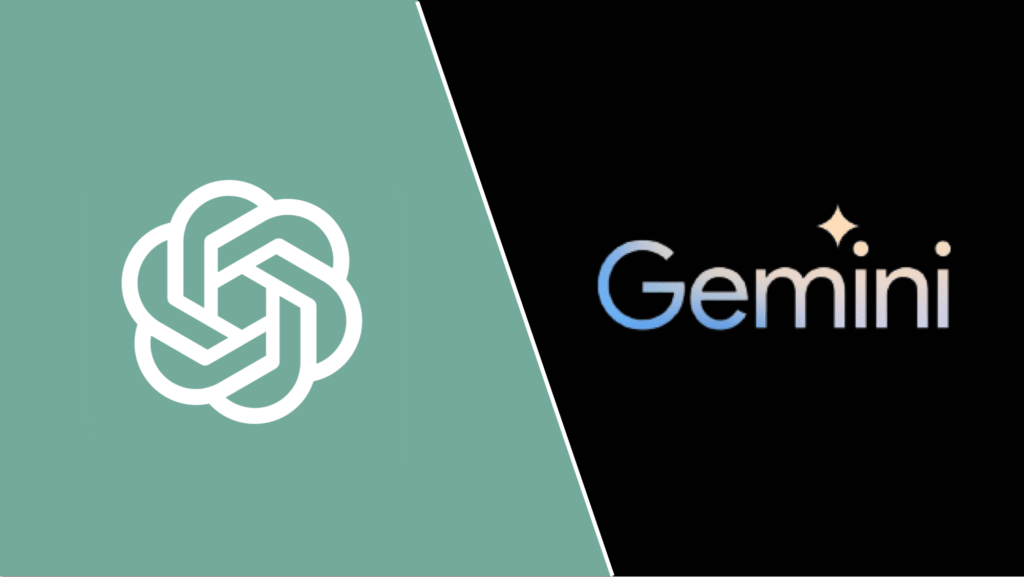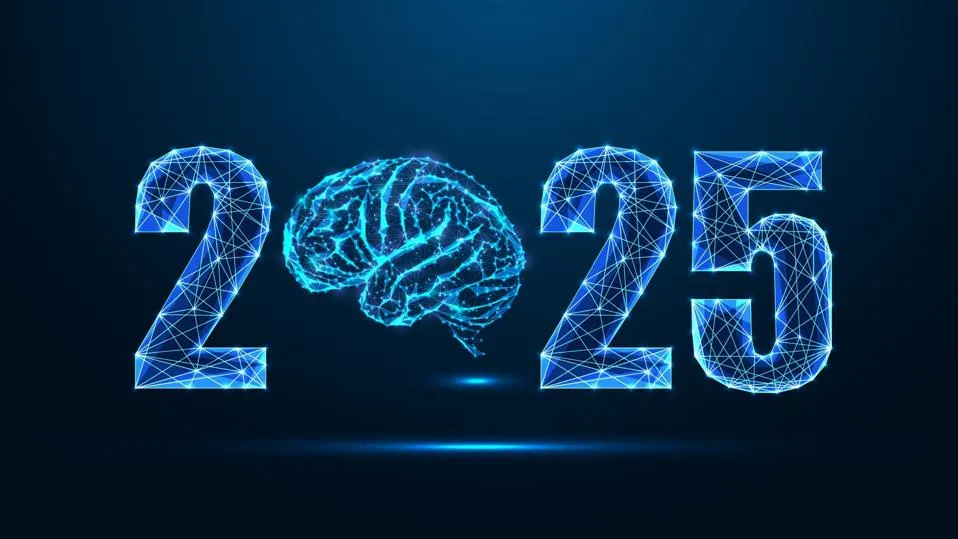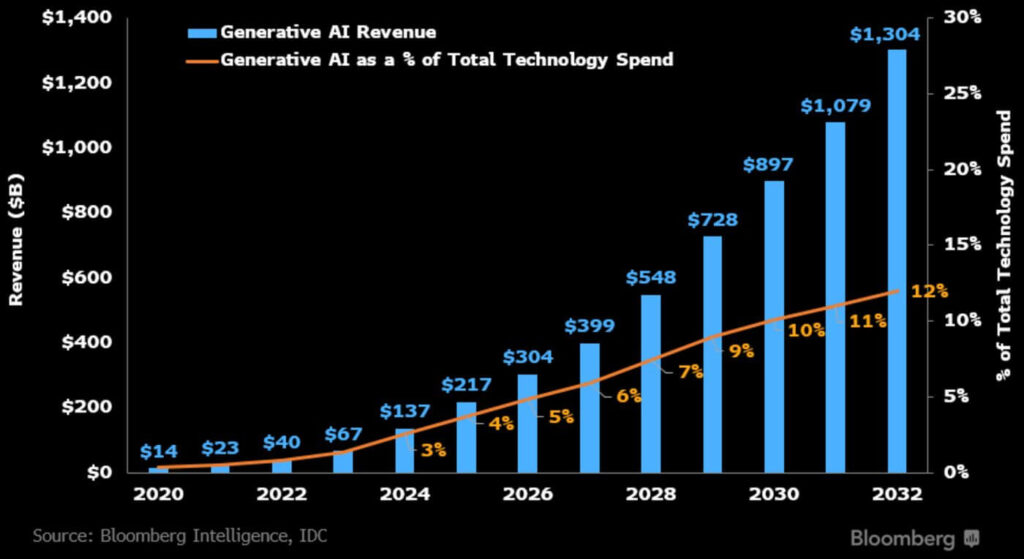The artificial intelligence (AI) landscape has evolved into a high-stakes contest dominated by two titans: OpenAI and Google’s Gemini (formerly DeepMind). In 2025, the question on every technologist’s mind is: Who’s really leading the AI race?
These companies aren’t just competing on technical prowess—they’re shaping how billions of people will interact with machines, how businesses will operate, and how future innovations will unfold. Let’s explore this rivalry in depth to find out who has the upper hand.
A Brief History of OpenAI
Founded in 2015 as a non-profit, OpenAI had a mission to ensure that artificial general intelligence (AGI) benefits all of humanity. It shifted to a capped-profit model in 2019 to scale its operations.
Milestones:
- GPT-2 (2019): A powerful language model that stirred global interest.
- GPT-3 (2020): Brought AI writing and code generation to the mainstream.
- ChatGPT (2022): Became a cultural phenomenon with over 100 million users.
- GPT-4 (2023) and GPT-4.5/5: Introduced multimodal capabilities (text, image, audio).
- Sora (2024): AI-generated video that rivaled human-level storytelling.
OpenAI also powers tools like DALL·E, Codex, and Whisper, cementing its place in the AI mainstream.
A Brief History of Google Gemini (DeepMind)
Google’s DeepMind started in 2010 and was acquired in 2014. Known for its scientific approach, DeepMind achieved early fame with AlphaGo, which defeated world champions in Go.
In 2023, DeepMind’s research transitioned into Gemini, a broader Google initiative aimed at creating next-gen multimodal models.
Milestones:
- AlphaFold (2021): Revolutionized protein structure prediction.
- Gemini 1 (2023): Combined large language and vision models.
- Gemini 1.5/2 (2024-2025): Took aim at GPT-4+ with integrated tools, multilingual reasoning, and deep integration into Google Workspace.
Gemini represents Google’s push to embed AI into every part of life via products like Search, Android, and Gmail.
Technological Foundations – GPT vs Gemini
Both models are built on transformer architectures, but their development paths differ.
| Aspect | OpenAI (GPT) | Google Gemini |
|---|---|---|
| Architecture | Transformer-based | Transformer + RLHF + multimodal fusion |
| Alignment | Reinforcement Learning with Human Feedback (RLHF) | Reinforcement Learning + scientific testing |
| Modality | Text, image, video, audio | Text, image, code, tools |
| Training Data | Diverse internet-scale corpus | Google-scale search and user interaction data |
While GPT leans into natural language understanding, Gemini emphasizes integrated reasoning across tools and devices.
Model Capabilities and Performance Benchmarks
By 2025, both AI giants have released models capable of:
- Answering complex questions
- Generating code
- Creating images and videos
- Handling long-context memory
- Reasoning with tools
Benchmarks like MMLU, HumanEval, and HELM show that Gemini slightly edges out GPT in reasoning tasks, while GPT remains stronger in natural conversation and creativity.
Product Ecosystems and Integrations
OpenAI’s integration with Microsoft enables a seamless suite across Copilot, Teams, Word, and Excel. Gemini is tightly embedded into:
- Google Docs, Sheets, Gmail
- Search results
- Android OS
In terms of reach:
- OpenAI shines in consumer-facing innovation.
- Google Gemini dominates enterprise infrastructure and daily productivity tools.
Real-World Applications and Industry Impact
Both OpenAI and Google Gemini are already transforming industries with AI-powered solutions.
OpenAI’s Impact:
- Healthcare: ChatGPT assists doctors with documentation and diagnosis.
- Education: Custom AI tutors for personalized learning experiences.
- Customer Support: GPT-4 integrated into helpdesks to reduce response times.
- Content Creation: GPT and DALL·E used by writers, designers, and video creators.
Google Gemini’s Impact:
- Productivity: Gemini integrated into Google Workspace boosts writing, summarization, and data analysis.
- Search: AI-enhanced queries produce smarter and more intuitive search results.
- Software Development: Gemini code assistants rival GitHub Copilot.
- Language Accessibility: Real-time translation and multilingual chatbots.
The overlap is clear, but the strategic emphasis differs: OpenAI thrives on third-party integration and creativity tools, while Gemini excels in native Google product enhancements.
Research & Innovation Strategies
OpenAI’s Strategy:
OpenAI’s approach is shaped by rapid iteration, public testing, and alignment research. Through RLHF (Reinforcement Learning from Human Feedback), OpenAI ensures its models learn from diverse, real-world human preferences. Their open betas (e.g., ChatGPT Plus) provide immediate feedback loops.
Google Gemini’s Strategy:
Gemini, on the other hand, leans on scientific rigor and peer-reviewed research. DeepMind has published hundreds of academic papers and made breakthroughs like AlphaFold. Their AI model testing emphasizes stability, predictability, and factual accuracy.
In essence: OpenAI leads in agility, Gemini leads in research depth.
Ethical Frameworks and Safety Concerns
Both organizations have prioritized AI alignment and safety—but in different ways.
OpenAI:
- Launched a Preparedness Team to monitor risks like model misuse.
- Focused on Constitutional AI with partners like Anthropic.
- Maintains a usage policy and content moderation tools for ChatGPT.
Google Gemini:
- Implements red-teaming and adversarial testing before model deployment.
- Part of global initiatives like Partnership on AI.
- Promotes fairness with tools to detect algorithmic bias.
While both take safety seriously, critics argue that greater transparency is still needed, especially in how data is selected and how models decide.
Developer and Open-Source Community Involvement
OpenAI:
- Offers a robust API with GPT-4 and GPT-4-turbo access.
- Powers popular apps through plugin support and third-party integrations.
- Provides developer playgrounds, SDKs, and AI tools via OpenAI Platform.
Google Gemini:
- Gemini is available through Google Cloud’s Vertex AI.
- Focuses on tight integration with Google tools (Docs, Gmail, Drive).
- Supports enterprise AI deployments through Google’s vast infrastructure.
OpenAI currently leads in developer friendliness, while Gemini shines in scalability and native integration.
User Base and Market Penetration
- OpenAI’s ChatGPT reached over 180 million users by mid-2025, with explosive adoption in education, business, and content creation.
- Google Gemini, while integrated into billions of devices, doesn’t always show as a separate product, making user metrics less transparent but far more embedded in daily life.
This creates an interesting divide:
- OpenAI = standalone AI experience
- Google = ambient AI experience (built into everything)
Competitive Advantages of OpenAI
- First-mover advantage in generative AI.
- Partnership with Microsoft, giving it enterprise scale.
- Multimodal tools like Sora (video), Whisper (audio), and DALL·E (image).
OpenAI thrives because it builds creativity-first tools and evolves fast based on user demand.
Competitive Advantages of Google Gemini
- Deep integration with Google’s ecosystem (Search, YouTube, Android).
- Access to massive global user data and real-time feedback.
- Infrastructure powered by TPUs and Google Cloud, ensuring performance at scale.
Gemini’s edge lies in its holistic ecosystem approach, where AI becomes invisible yet omnipresent.
Key Challenges and Criticisms
| Challenge | OpenAI | Google Gemini |
|---|---|---|
| Model Hallucinations | Present in GPT-4 and 4.5 | Reduced but still an issue |
| Transparency | Criticized for limited model details | Improved through DeepMind papers |
| Bias & Fairness | Actively addressed via RLHF | Tackled with AI principles & red-teaming |
| Overreach Concerns | Partnered with Microsoft – raises monopoly concerns | Data privacy due to Search/YouTube integration |
Public trust remains a key battleground in this rivalry.
The Future Outlook: Who Has the Edge?
Both OpenAI and Google Gemini are evolving rapidly—but their strengths lie in different realms:
- OpenAI dominates the consumer AI experience, leading in multimodal creativity and community interaction.
- Google Gemini leads in productivity, scale, and enterprise AI, where seamless tool integration matters most.
As 2025 unfolds, the AI race isn’t about one winner—it’s about how these ecosystems coexist, collaborate, and compete to build a future where humans and machines thrive together.


